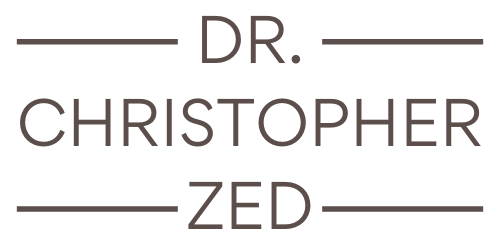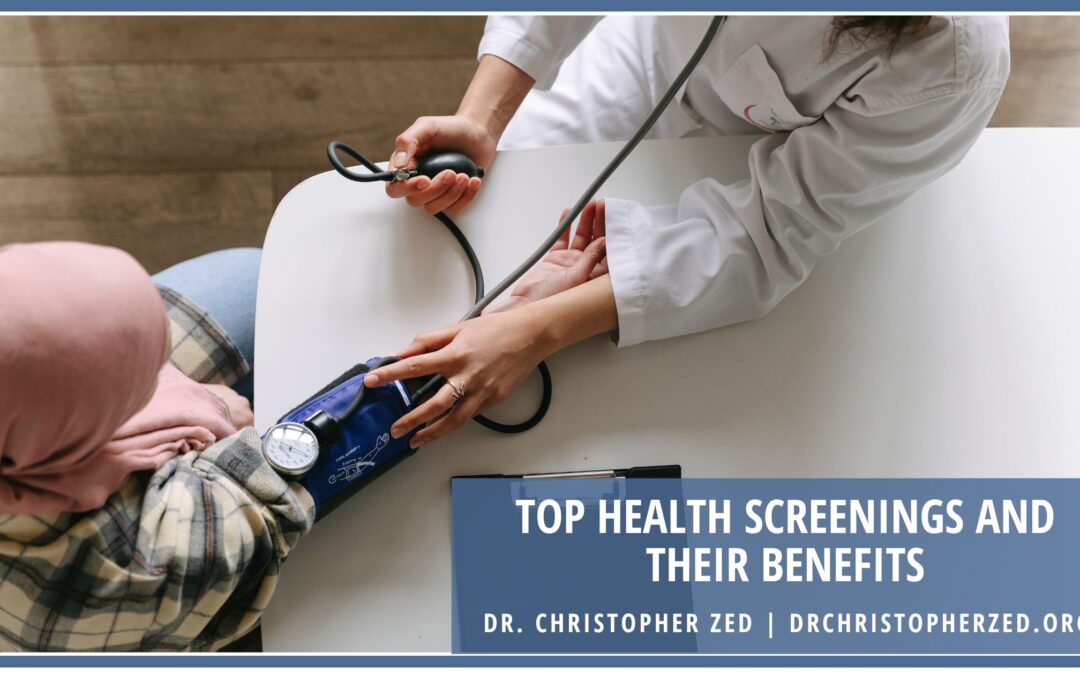Regular health screenings play a vital role in maintaining optimal well-being by detecting potential health issues early on. These screenings allow healthcare professionals to identify risks, provide timely interventions, and promote preventive measures. By understanding the importance of these screenings and scheduling them appropriately, you can take proactive steps to safeguard your health and well-being.
Blood Pressure Screening
High blood pressure is a silent but significant risk factor for heart disease and stroke. Regular blood pressure screenings can help identify hypertension and enable early intervention. By maintaining healthy blood pressure levels through lifestyle changes or medical interventions, you can reduce the risk of cardiovascular complications.
Cholesterol Check
Elevated cholesterol levels can contribute to the development of heart disease. A cholesterol screening measures total cholesterol, LDL (bad) cholesterol, HDL (good) cholesterol, and triglyceride levels. Identifying abnormal cholesterol levels allows for appropriate dietary changes, exercise, and medication if necessary.
Blood Glucose Testing
Screening for blood glucose levels helps detect diabetes or prediabetes. Early identification enables effective management through lifestyle modifications, diet, and exercise. Regular blood glucose monitoring is crucial for those at risk or with a family history of diabetes.
Cancer Screenings
- Breast Cancer: Mammograms and clinical breast exams aid in detecting breast cancer early, when treatment is most effective.
- Cervical Cancer: Regular Pap smears and HPV testing can identify abnormal cells or the presence of the human papillomavirus (HPV) associated with cervical cancer.
- Colorectal Cancer: Screening tests like colonoscopies and stool tests can detect precancerous polyps or early-stage colorectal cancer.
Bone Density Scan
A bone density scan, known as a DEXA scan, assesses bone mineral density and helps diagnose osteoporosis or detect low bone mass. Early detection allows for preventive measures, lifestyle modifications, and appropriate treatments to reduce the risk of fractures.
Eye Exams
Regular eye exams help monitor vision health and detect eye conditions such as glaucoma, cataracts, and age-related macular degeneration. Timely interventions can help preserve vision and prevent further deterioration.
Dental Check-ups
Routine dental check-ups are crucial for maintaining oral health. These visits allow for early detection and treatment of dental issues like cavities, gum disease, and oral cancer.
Regular health screenings provide essential insights into your overall well-being. By undergoing these screenings at appropriate intervals, you can identify potential health risks early, receive timely interventions, and make informed decisions to prioritize your health. Don’t underestimate the power of prevention, and take charge of your well-being by scheduling regular screenings recommended by your healthcare provider.

